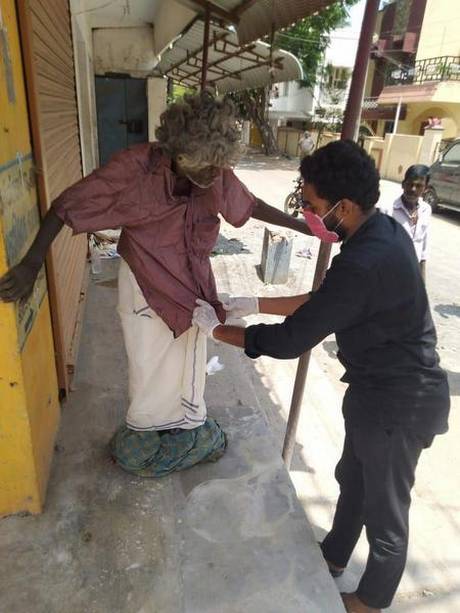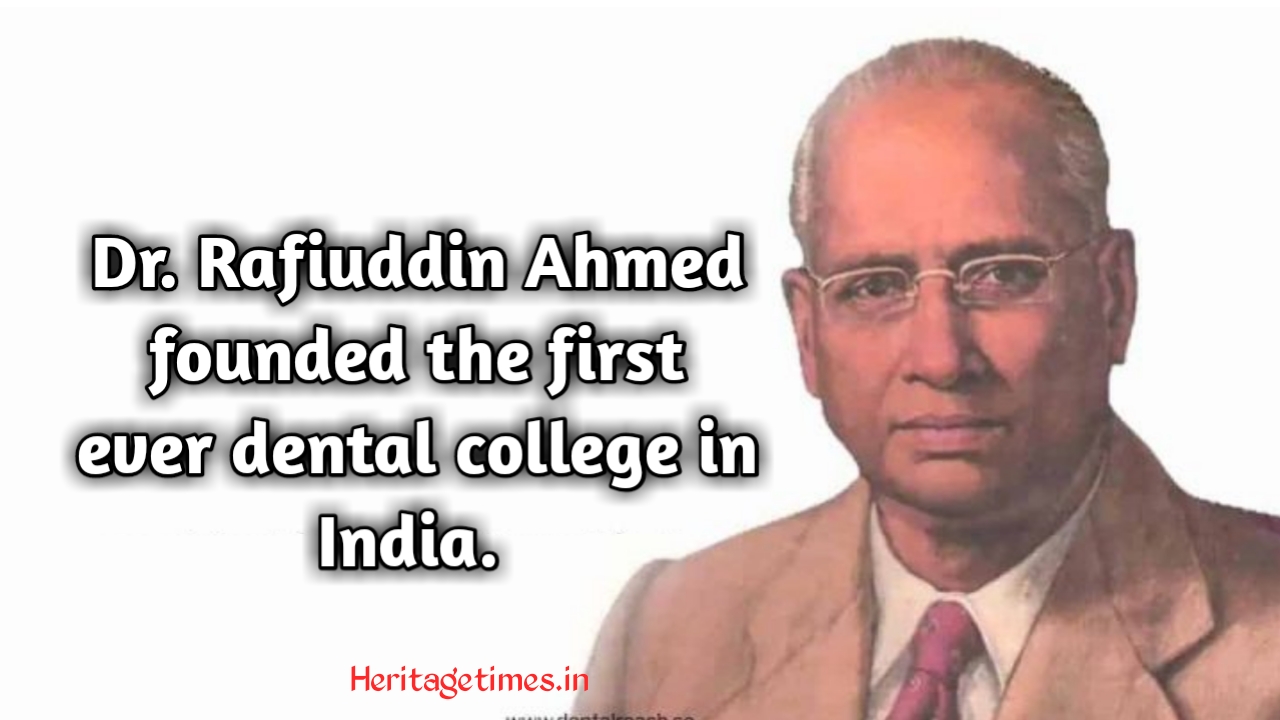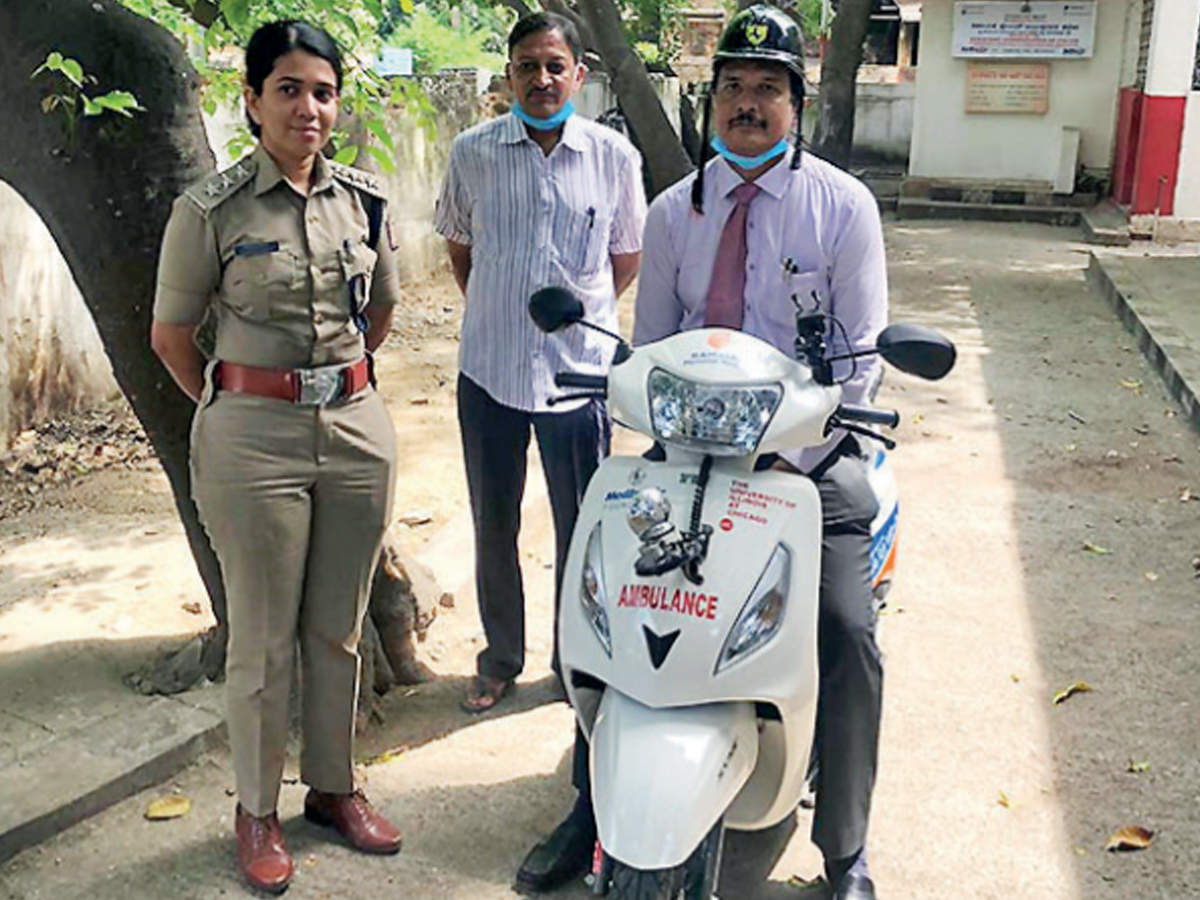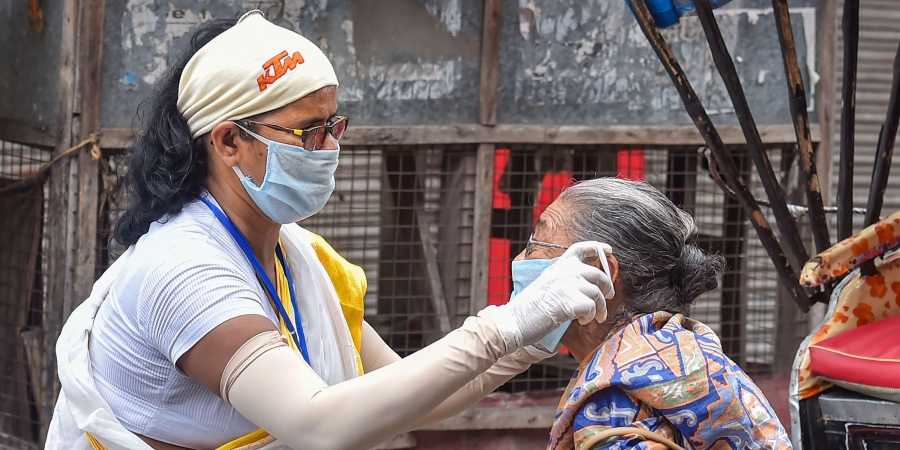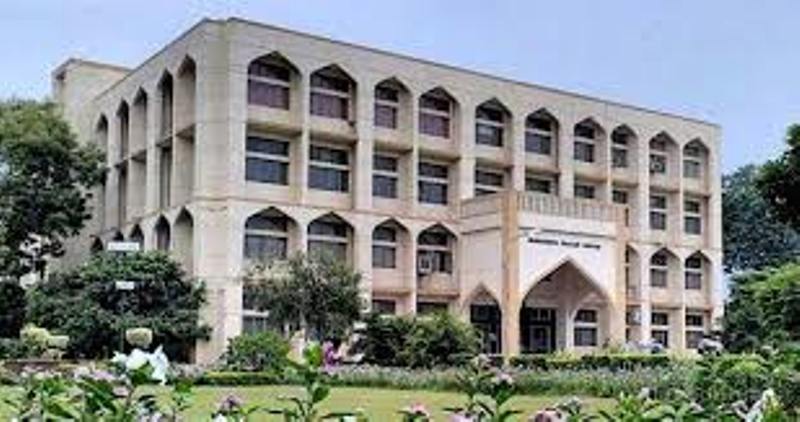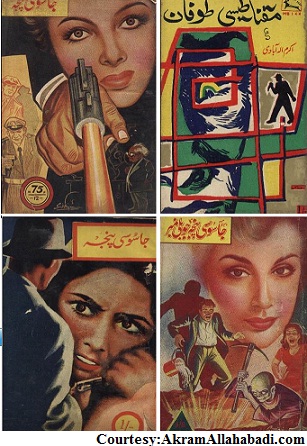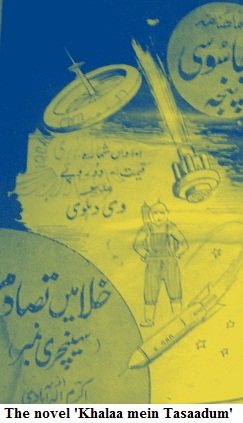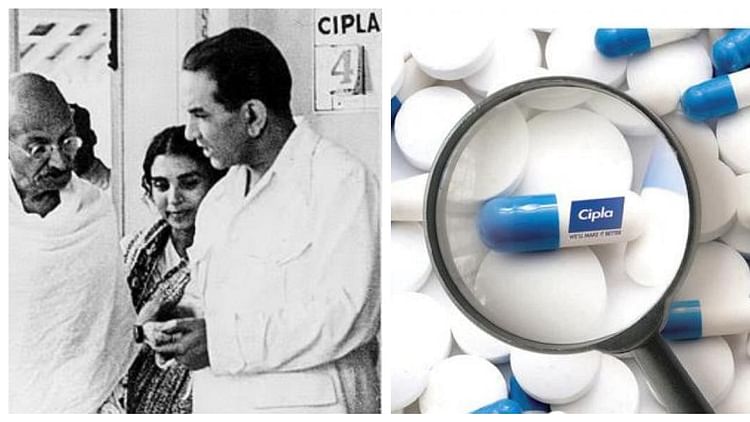New Delhi :
Jamia Hamdard Professor Mohd. Aftab Ahmad has been awarded for Drug Research in Unani Medicine.

Professor Mohd. Aftab Ahmad of School of Unani Medicinal Education and Research(SUMER), Jamia Hamdard has been awarded by the Ministry of Ayush, Govt of India for his contribution in Unani Medicine at International Conference on Unani Medicine.
Brief details about Jamia Hamdard Professor Mohd. Aftab Ahmad
1. Professor Mohd. Aftab Ahmad has about 25 years of teaching and research experience.
2. He joined the Department of Ilmul Advia, erstwhile Faculty of Unani Medicine, presently School of Unani Medical Education & Research (SUMER) as a Lecturer. Since then he is imparting teaching and giving practical training to the students of BUMS, MD. (Ilmul Advia), BPharma (Unani) and DPharm (Unani).
3. He has established the Dawasazi lab at Jamia Hamdard with all necessary alterations and prepared Unani Murakkabat (Compound Unani Medicines) in a meticulous and scientific manner using good pharmacy practices, for the practical demonstration of Dawasazi to the students.
4. Dr. Ahmad used some mutatis mutandis in the formulation of Unani Pharmacopeial Murakkab Advia to enhance their efficacy, using Modern and clinical techniques.
As of now, 100 types of Murakkab Advia/pharmaceutics are being prepared in the inhouse-lab and distributed to the indoor patients of the Majeedia Hospital, Jamia Hamdard.
Speaking on the occasion, Mohd. Aftab Ahmad was quoted saying It was a great honour” to receive the award in recognition for Drug Research in Unani Medicine and to get appreciation and even more so to be awarded by the Defence Minister, Rajnath Singh.
Unani Day observed at Jamia Hamdard
International Conference on Unani Medicine was organized by the Central Council for Research in Unani Medicine on February 11 and 12, 2020 at New Delhi. Every year Unani Day is observed on February 11. The event provided a platform to discuss wide range of topics which would help in developing knowledge and understanding Unani System of Medicine and its contribution to health and well-being.
The theme of this international conference is Unani Medicine – Towards Achieving the Sustainable Development Goal (SDG-3) of Good Health & Well-Being.
Jamia Hamdard Unani conference witnessed participants from across the globe
A galaxy of experts and luminaries from the field of health sciences across the globe shared their knowledge, experiences and innovations. There was participation from industry, academia and research organizations engaged in the development of Unani Medicine and related health sciences.
Contribution of government
The Unani Day celebration inter-alia included the conferment of annual AYUSH Awards for Unani Medicine, wherein awards conferred for excellence in different categories, viz. Best Research Paper’, Young Scientist’, Best Teacher’ and Lifetime Achievement’. An exhibition of industry and academia will also be organised.
source: http://www.indiatoday.com / India Today / Home> Education Today> News / by India Today Web Desk / New Delhi – February 12th, 2020
